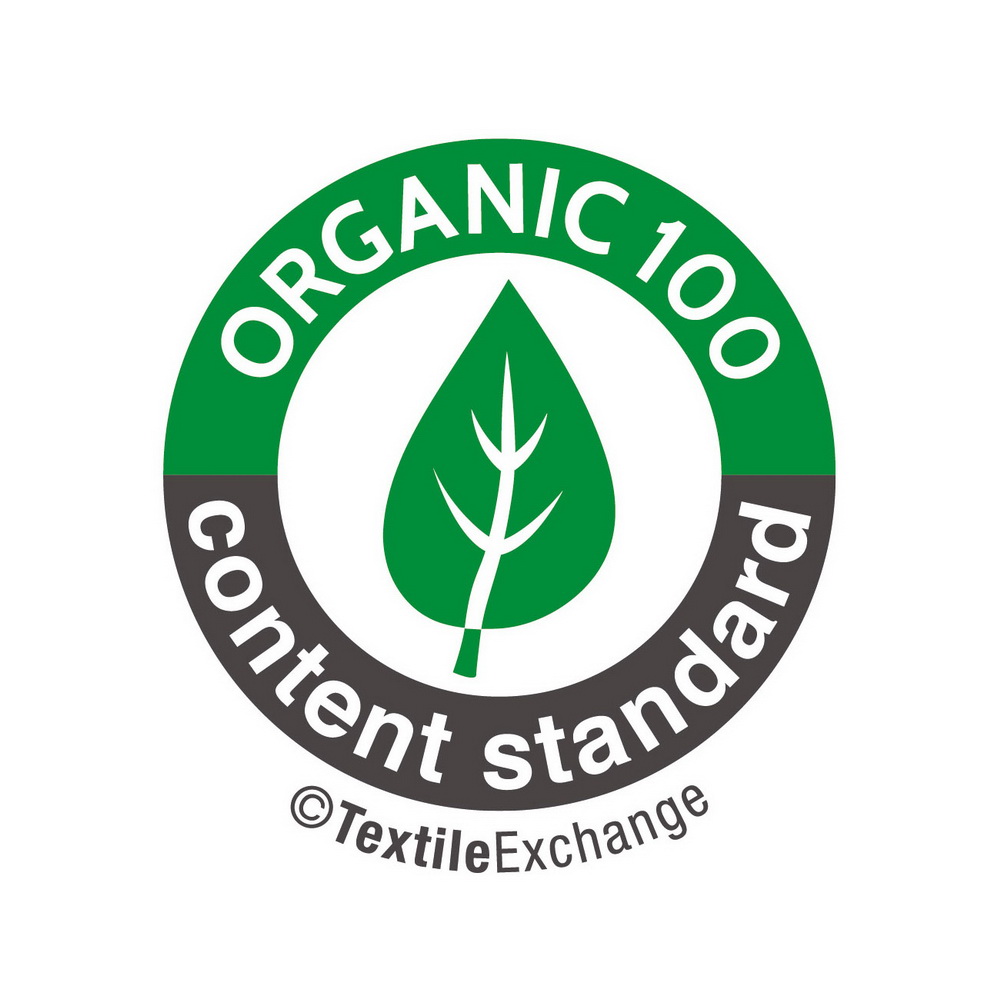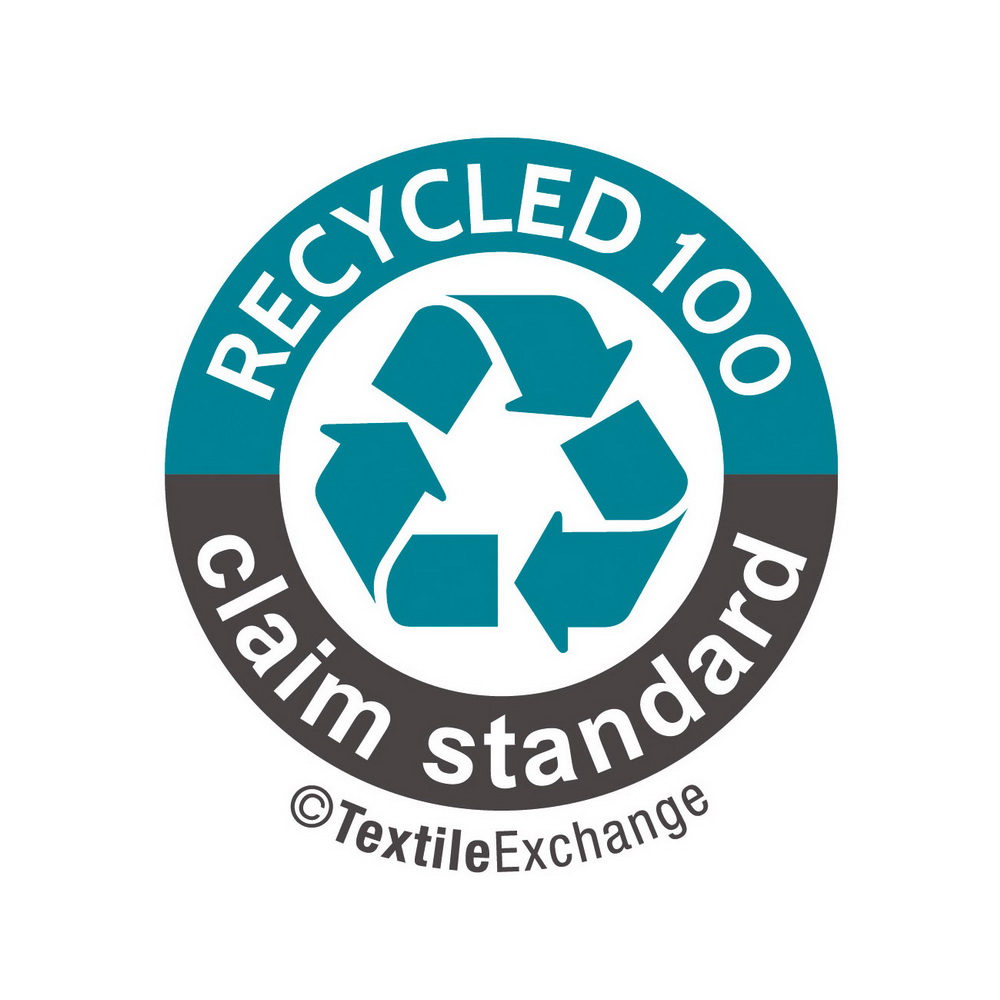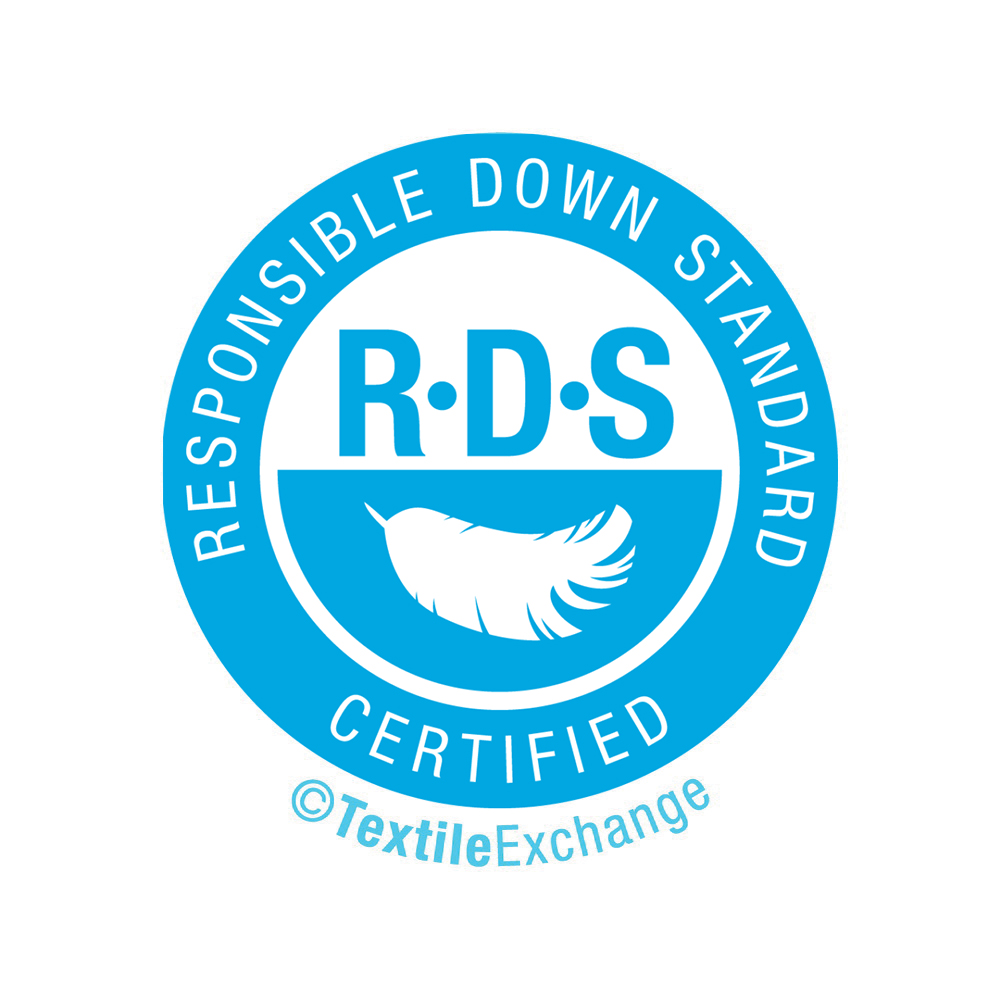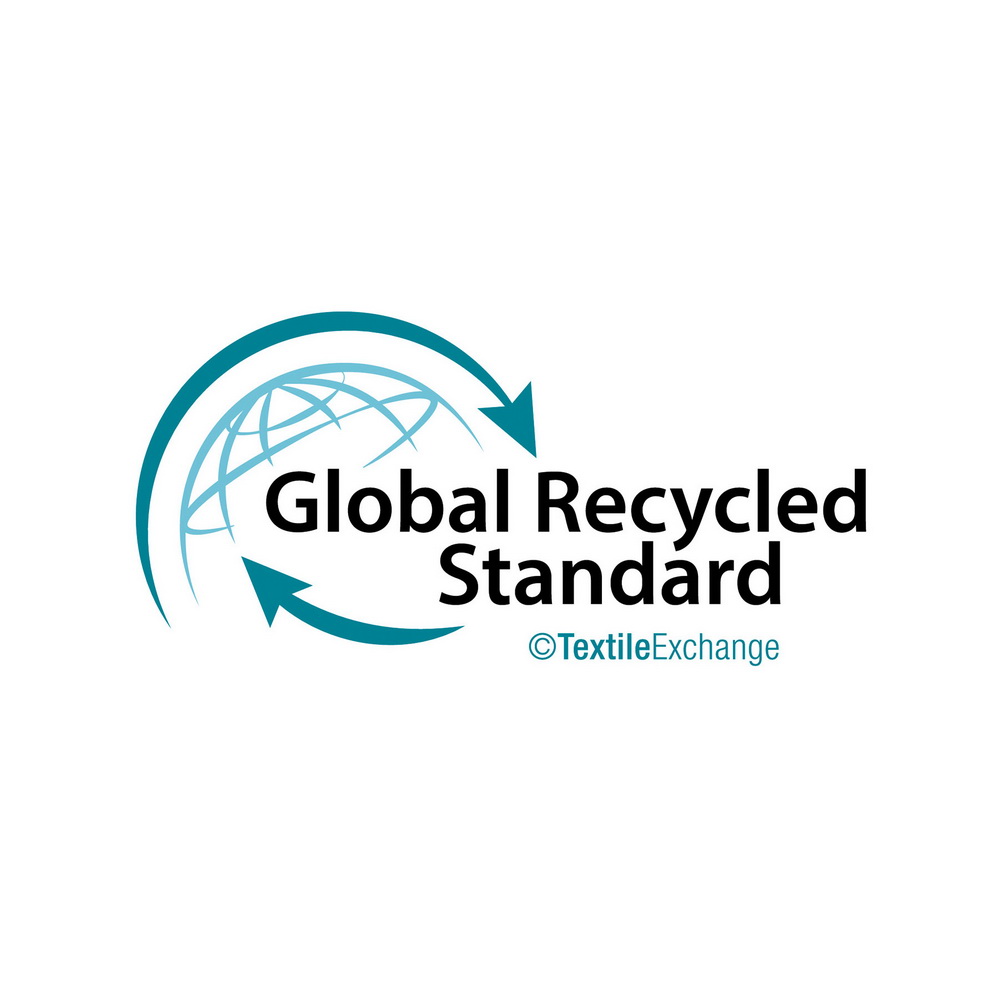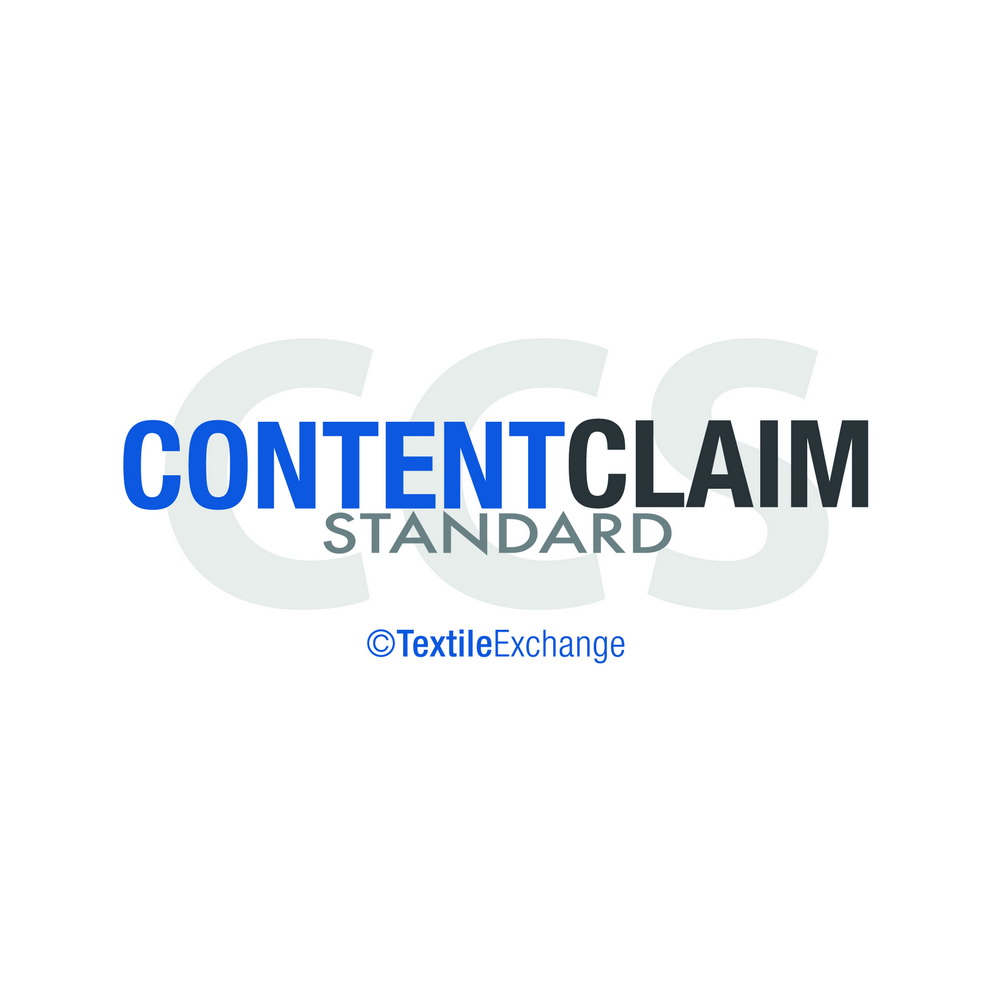Certification
Clean Globe provides globally recognized, accredited, certification worldwide for the sustainable supply chain which includes but not limited to organic, recycled, and responsible animal fibers to organizations in textile, clothing, footwear, plastic, leather, and other industries.
The overall aim of certifying products, processes, or services is to give confidence to all interested parties that a product, process, or service fulfills specified requirements. The value of certification is the degree of confidence and trust that is established by an impartial and competent demonstration of fulfillment of specified requirements by a third party. (Ref. ISO 17065: 2012)
Clean Globe offer;
Process of being certified;
-
Identify the required scheme
(eg: Organic or recycled) Talk to the customer (buyer, brand, or retailer) and identify their specific requirements;
Example scenario: the buyer may require products with recycled polyester and they might simply inform merchandisers, a recycled program is required. -
Select the exact program(s).
Example scenario: certain products to be produced with 10% recycled materials and certain products with 50% recycled materials + REACH compliant chemical inputs;
Concern: RCS is the only program that able to claim with 10% recycled materials and the chemical compliance of ‘REACH’ is covered by GRS. So, the facility needs to be certified for both GRS and RCS. -
Apply
Contact Clean Globe for further clarification and apply for respective standards.
Clean Globe will provide or refer to applicable standards, interpretation manuals for respective standards, and Clean Globe Certification protocol along with the link to the online application form. -
Contract
Clean Globe review the application with provided data (need to send all required information) and offer the service terms and price (Price excludes logistic, testing, and any reassessment costs that may appear later)
The company confirms the acceptance of service terms and prices by signing the contract.
Settle the invoice and complete the pre-audit documentation by the client. -
Plan
based on the system plan and risk assessment outcome, the audit plan is created and send to the client for confirmation of their availability.
-
Audit
Qualified auditor(s) conduct onsite (remote or desk) audit and report with respective findings.
-
Non-compliance (NC)
If non-compliances are raised, requiring corrections to be done within the given timeframe, when critical NC is raised, the audit process may be suspended immediately until further investigation.
-
Scope Certification.
The complete process is positive with corrected NCs positive certification decision is taken with declaring scope by the Scope Certificate (SC). Failure to provide corrections and corrective actions within a given time, a negative certification decision will be taken.
-
Transaction Certification
Organizations with valid scope certificates (SC) can apply a Transaction Certificate (TC) within the listed products in the SC.
Scope certificate validity remains one year, and the certified company needs to prepare for the SC renewal audit 03 months in advance of the expiry of the previous certification. The new certificate will (if close all the NCs timely) get another one year of validity up to next year’s anniversary date of certification validity.
Contact us for further information.


